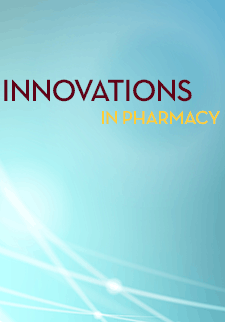Using Authentic Medication Errors to Promote Pharmacy Student Critical Thinking and Active Learning
Reza Karimi
Pacific University
Jeff Fortner
Pacific University
Deepa Rao
Pacific University
Joe Su
Pacific University
DOI: https://doi.org/10.24926/iip.v9i1.957
Keywords: medication errors, student learning, P1 curriculum
Abstract
Objective: To promote first year (P1) pharmacy students’ awareness of medication error prevention and to support student learning in biomedical and pharmaceutical sciences.
Innovation: A novel curricular activity was created and referred to as “Medication Errors and Sciences Applications (MESA)”. The MESA activity encouraged discussions of patient safety among students and faculty to link medication errors to biomedical and pharmaceutical sciences, which ultimately reinforced student learning in P1 curricular topics.
Critical Analysis: Three P1 cohorts implemented the MESA activity and approximately 75% of students from each cohort completed a reliable assessment instrument. Each P1 cohort had at least 14 student teams who generated professional reports analyzing authentic medication errors. The quantitative assessment results indicated that 70-85% of students believed that the MESA activity improved student learning in biomedical and pharmaceutical sciences. More than 95% of students agreed that the MESA activity introduced them to medication errors. Approximately 90% of students agreed that the MESA activity integrated the knowledge and skills they developed through the P1 curriculum, promoted active learning and critical thinking, and encouraged students to be self-directed learners. Furthermore, our data indicated that approximately 90% of students stated that the achievement of Bloom’s taxonomy's six learning objectives was promoted by completing the MESA activity.
Next Steps: Pharmacy students’ awareness of medication errors is a critical component of pharmacy education, which pharmacy educators can integrate with biomedical and pharmaceutical sciences to enhance student learning in the P1 year.
Treatment of Human Subjects: IRB exemption granted
Type: Note




